Not Just A Boys' Game
Throughout history, royal women were often expected to be symbols of decorum, quiet elegance, and domesticity. However, some women were far too bold, courageous, and intelligent to remain in the shadows. They defied constraints, seizing power, challenging tradition, and leaving their mark on the world. Here are 20 royal women who refused to be confined by expectation.
1. Catherine The Great
Catherine the Great became the empress of Russia in the late 18th century after leading a coup against her husband. She's known for greatly expanding the country's territory, modernizing the government, and promoting the arts and education.
 After Alexander Roslin on Wikimedia
After Alexander Roslin on Wikimedia
2. Princess Diana
Widely beloved, Princess Diana reached a celebrity status that no member of the royal family had ever achieved before. She humanized royalty by showing emotion, warmth, compassion, empathy, and being open about her challenges. She used her platform for humanitarian causes like HIV/AIDS, removing stigmas.
 John Mathew Smith on Wikimedia
John Mathew Smith on Wikimedia
3. Queen Elizabeth I
Unlike most other queens, Elizabeth I didn't marry into royalty, but instead inherited the throne from her father, Henry VIII. She was exceptionally educated and knowledgeable in foreign affairs, making her excellent at strategic diplomacy. She oversaw the defeat of the Spanish Armada and ushered in a golden age for Britain known as the Elizabethan Era.
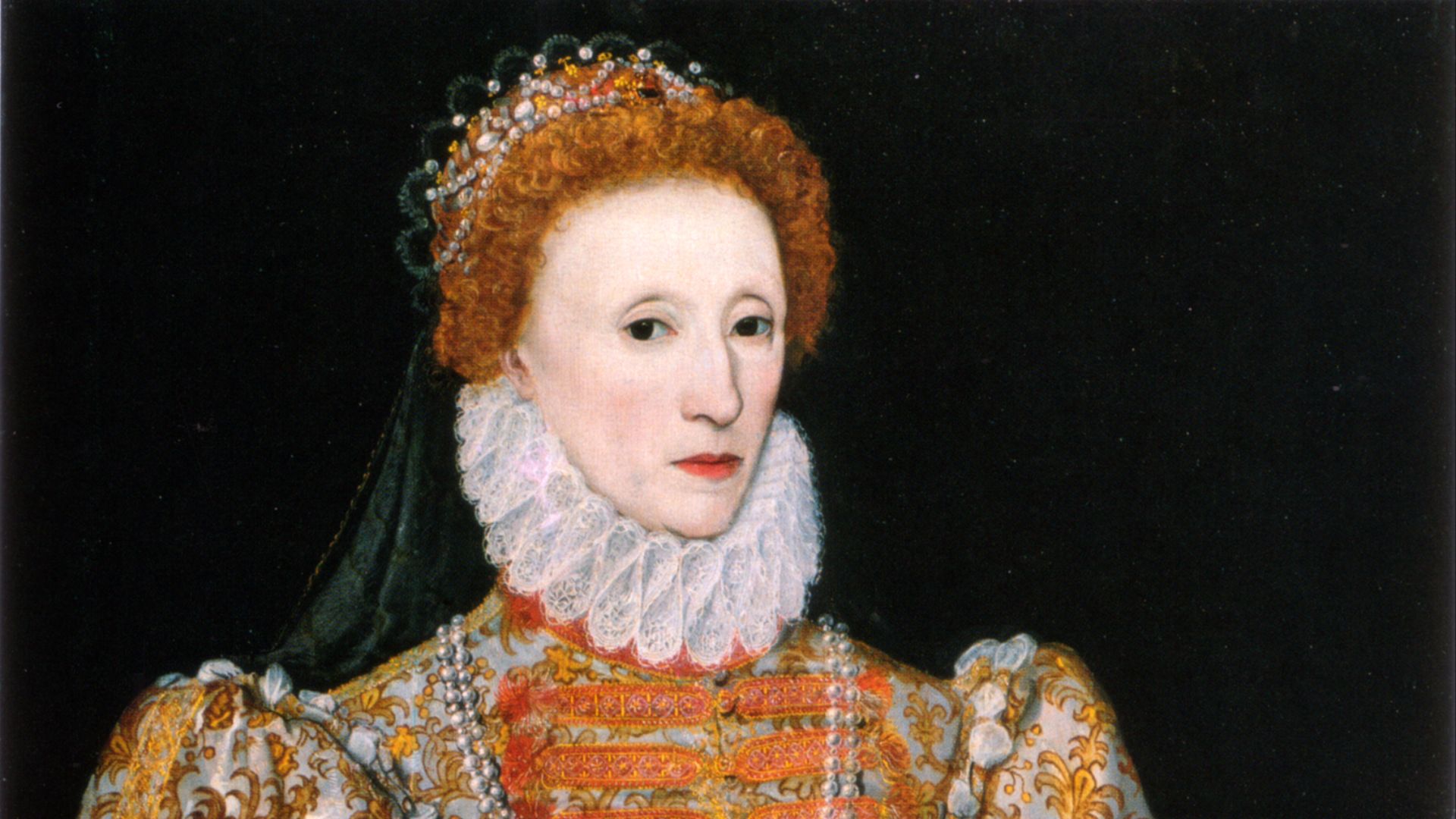 Unidentified painter on Wikimedia
Unidentified painter on Wikimedia
4. Queen Hatshepsut
Queen Hatshepsut declared herself Pharaoh of Egypt after the death of her husband in the 15th century BC. She oversaw extensive building projects throughout the empire, some of which are still standing today, like the mortuary temple at Deir el-Bahari. She re-established trade networks and strengthened Egypt's economy.
5. Empress Wu Zetian
Empress Wu Zetian was one of the most powerful women in Chinese history. She became the only woman in China to rule as emperor in her own right after her husband's death. As ruler, she promoted Buddhism, commissioned building projects, boosted the arts, strengthened the central government, and expanded China's territory.
6. "Black Agnes" Agnes Randolph
Agnes Randolph was a legendary Scottish royal known for her beauty and strength. During the Scottish Wars of Independence, she commanded the army while her husband was away, successfully defending her own castle from the English, despite being outnumbered.
 Joseph Ratcliffe Skelton on Wikimedia
Joseph Ratcliffe Skelton on Wikimedia
7. Cleopatra
The last Pharaoh of Egypt, Cleopatra, was known for her intelligence, legendary charm, and political tact. She promoted trade and prosperity in Egypt and participated in military campaigns.
 Fox Film Corporation on Wikimedia
Fox Film Corporation on Wikimedia
8. Queen Victoria
Queen Victoria rose to power at the age of 18 after the death of her uncle, the beginning of a 63-year reign. Under her rule, Britain became the largest global power. Her reign, known as the Victorian Era, was marked by advancements in literature, arts, science, and technology.
 John Jabez Edwin Mayall on Wikimedia
John Jabez Edwin Mayall on Wikimedia
9. Mary, Queen of Scots
Mary, Queen of Scots, began her reign as an infant but spent most of her early life in France after marrying the King of France. After her husband's death, she returned to Scotland, a country divided between Catholics and Protestants. She was then held in prison for 19 years by Queen Elizabeth I, who saw her as a threat to the throne, but she remained politically active behind bars until her execution.
 Unidentified painter on Wikimedia
Unidentified painter on Wikimedia
10. Queen Nefertiti
Queen Nefertiti was one of Egypt's most iconic royals. She ruled alongside her husband, Akhenaten, but may have also ruled in her own right after his death. She was a highly influential figure, known for her legendary beauty and leadership.
11. Queen Boudicca
Queen Boudicca ruled over a Celtic tribe in what is now eastern England. She led a massive rebellion against the Romans who abused her and he daughters and took he husband's land after his death. Despite her rebellion eventually being crushed, she demonstrated impressive military acumen, bravery, and leadership.
12. Meghan Markle, Duchess of Sussex
Meghan Markle was an actress before marrying Prince Harry, making her British royalty. Constantly scrutinized in the media for her background and race, she challenges traditional expectations by using her platform to advocate for mental health, women's rights, and racial equality.
13. Queen Rania of Jordan
Queen Rania of Jordan became royalty when she married King Abdullah II of Jordan in 1993. An incredibly progressive queen, she uses her platform to challenge gender norms, modernizing Jordanian society, empowering youth, and championing women's rights.
 World Economic Forum on Wikimedia
World Economic Forum on Wikimedia
14. Queen Christina of Sweden
Queen Christina of Sweden was an exceptionally educated woman who became queen at the age of 6 after her father's death. She was known for dressing in men's clothing and engaging in political and philosophical debates, challenging gender norms.
 Jacob Ferdinand Voet on Wikimedia
Jacob Ferdinand Voet on Wikimedia
15. Empress Theophanu
Empress Theophanu, born a Byzantine princess, became a Roman Empress after marrying Otto II of Rome. After her husband's death, she served as her young son's regent, effectively ruling the empire until he became of age. She proved herself to be an extremely capable negotiator, peacekeeper, and political strategist.
16. Empress Dowager Cixi
Empress Dowager Cixi rose to power after giving birth to the Xianfeng Emperor's only son, ruling as his regent after the emperor's death. She ended up controlling the Qing Dynasty for almost 50 years, modernizing the military, developing China's infrastructure, fighting imperialist pressures to preserve China's sovereignty, and promoting the arts.
17. Anne Boleyn
Anne Boleyn was born into an English noble family and served at European courts abroad, something practically unheard of for women of her era, which instilled in her a worldly intelligence. Her marriage to Henry VIII sparked the religious reformation in England, breaking from Catholicism. She was known for her wit, charm, and style.
18. Empress Suiko
Empress Suiko is one of the earliest recorded female rulers in Japanese history. She passed several reforms that strengthened the central government, promoting ethics, organization, and stability. She encouraged opening Japan to international trade and maintained peace with neighboring countries.
19. Eleanor of Aquitaine
Eleanor of Aquitaine inherited the Duchy of Aquitaine, instantly making her one of the most powerful women of her time. She married King Louis VII of France, making her Queen of France, and later married King Henry II of England, making her Queen of England. She played an active role in government, which was rare for women of her era, and supported her sons in their rebellion against their father.
20. Empress Theodora
Born into a non-royal family, Theodora rose to power after marrying Emperor Justinian I. As Empress of the Byzantine Empire, she held considerable sway over governance. She advocated for women's rights, supported the arts, and influenced religious policy.
KEEP ON READING
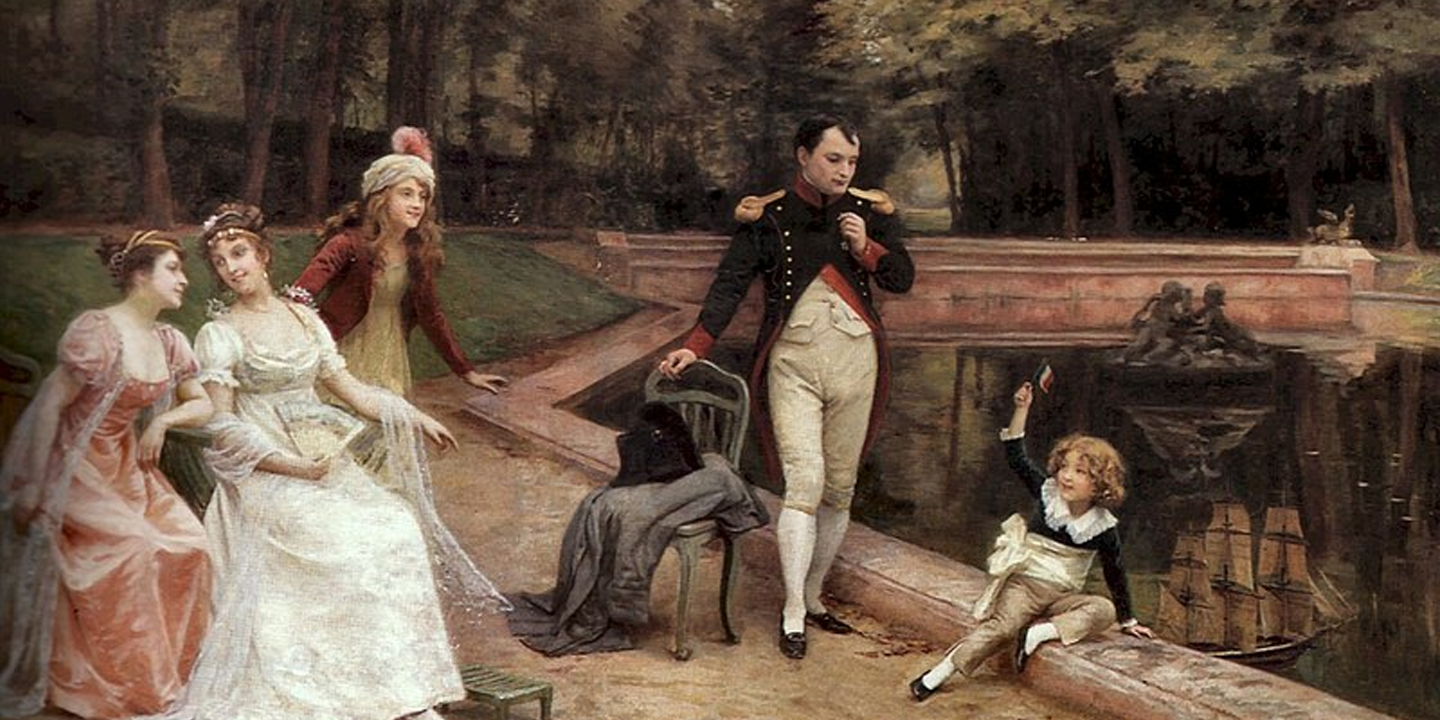
The 20 Most Recognized Historical Figures Of All Time
The Biggest Names In History. Although the Earth has been…
By Cathy Liu Oct 4, 2024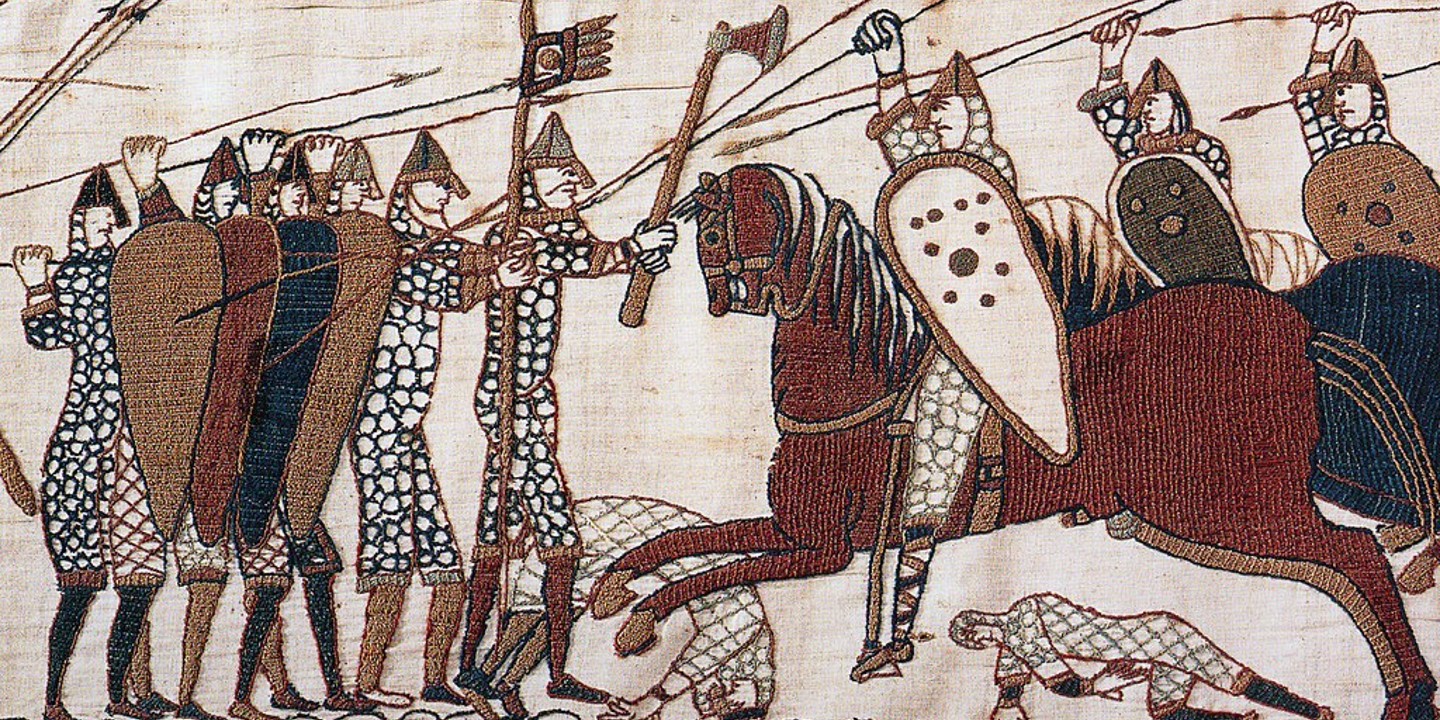
10 of the Shortest Wars in History & 10 of…
Wars: Longest and Shortest. Throughout history, wars have varied dramatically…
By Emilie Richardson-Dupuis Oct 7, 2024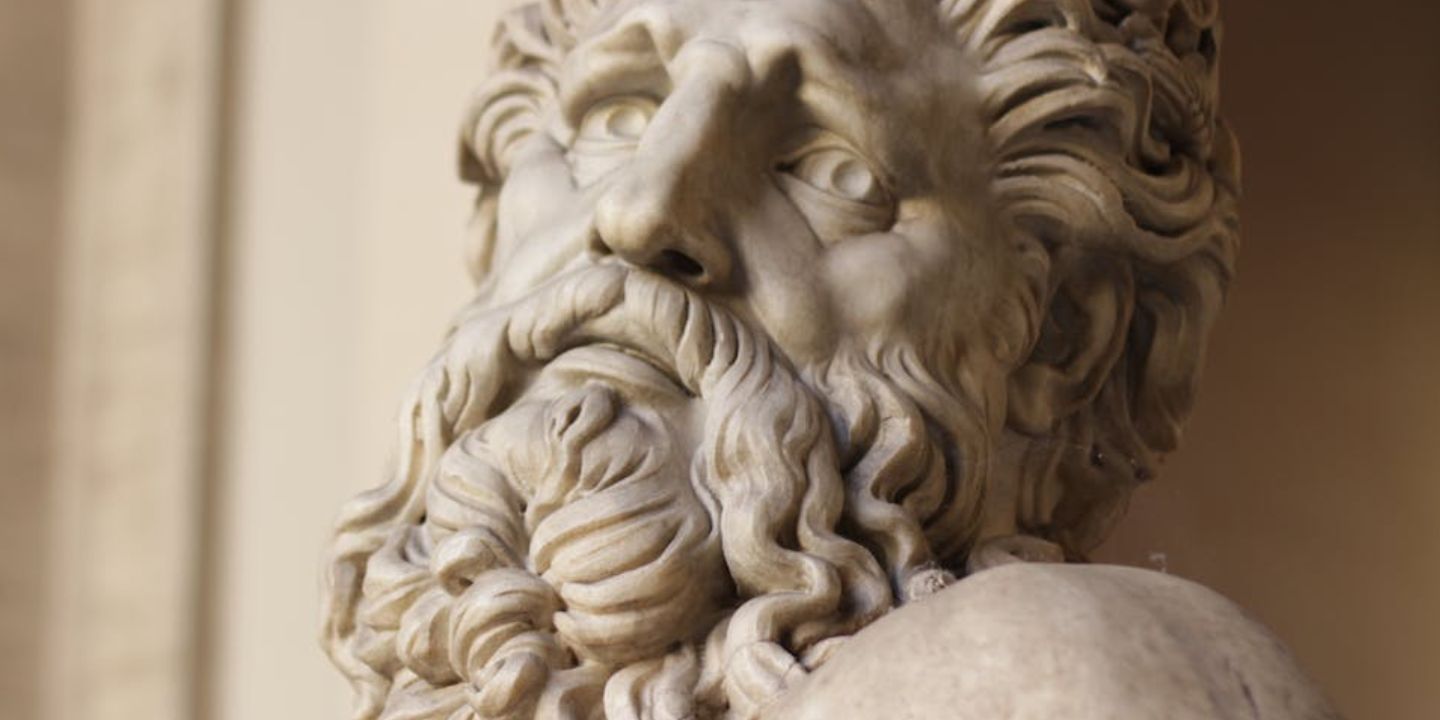
10 Fascinating Facts About Ancient Greece You Can Appreciate &…
Once Upon A Time Lived Some Ancient Weirdos.... Greece is…
By Megan Wickens Oct 7, 2024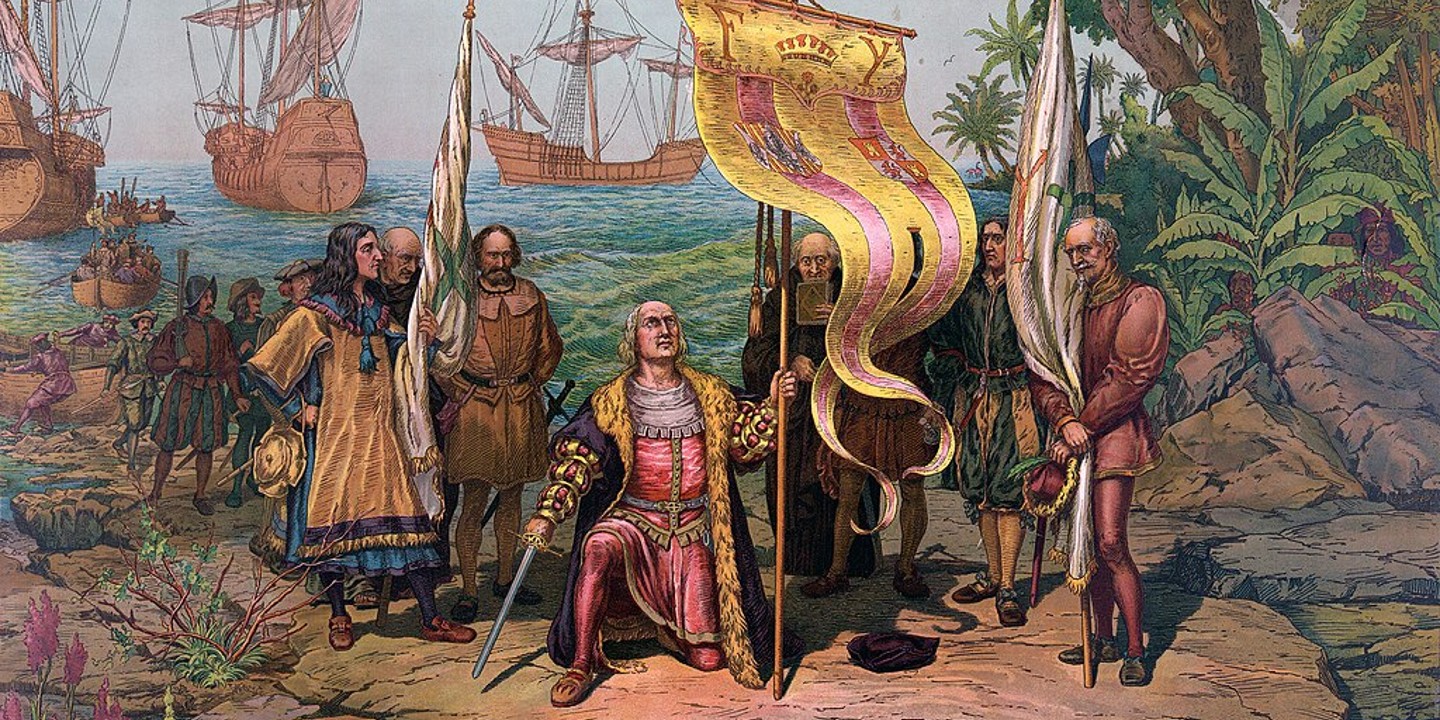
20 Lesser-Known Facts About Christopher Columbus You Don't Learn In…
In 1492, He Sailed The Ocean Blue. Christopher Columbus is…
By Emilie Richardson-Dupuis Oct 9, 2024
20 Historical Landmarks That Have The Craziest Conspiracy Theories
Unsolved Mysteries Of Ancient Places . When there's not enough evidence…
By Megan Wickens Oct 9, 2024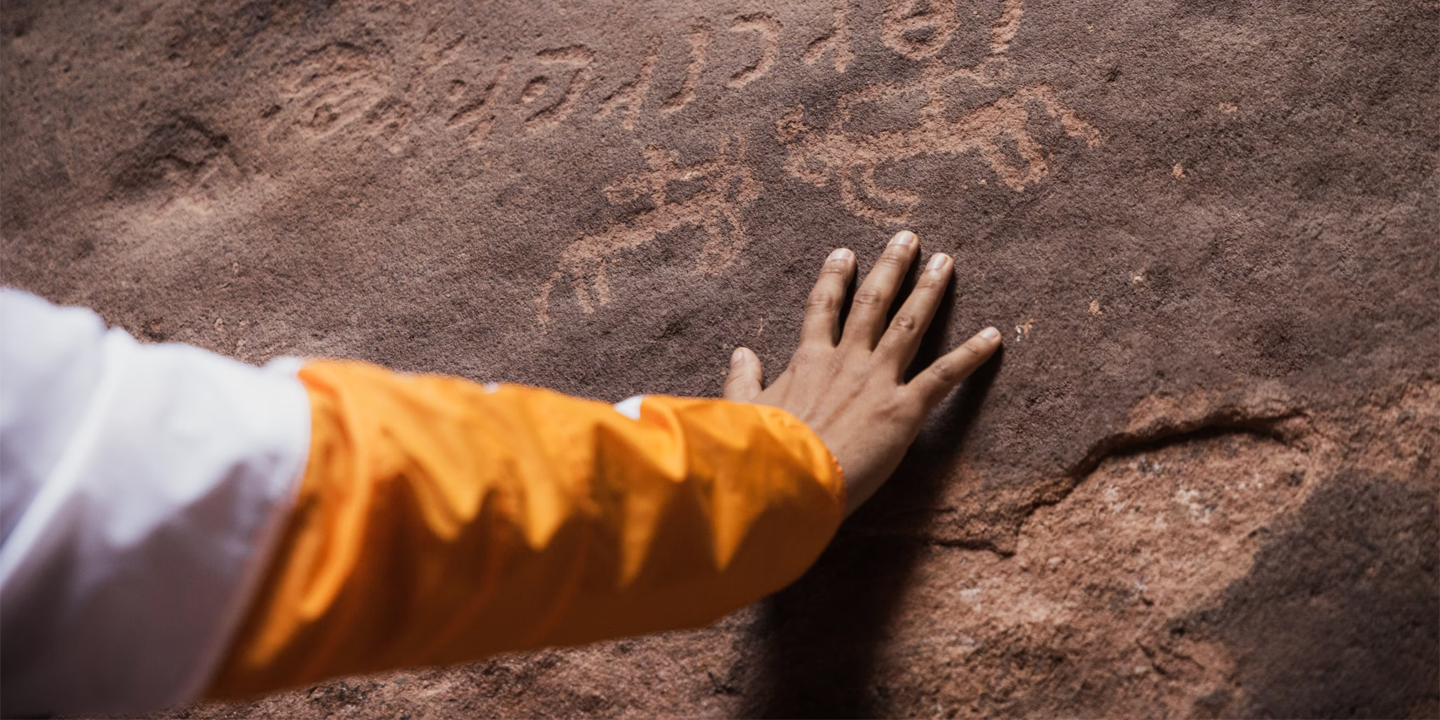
The 20 Craziest Inventions & Discoveries Made During Ancient Times
Crazy Ancient Inventions . While we're busy making big advancements in…
By Cathy Liu Oct 9, 2024












